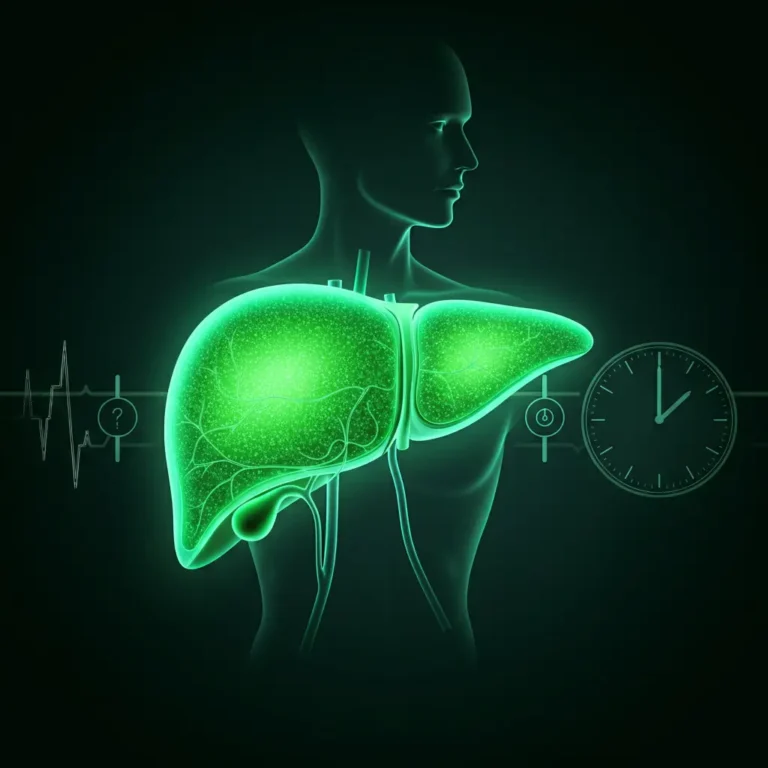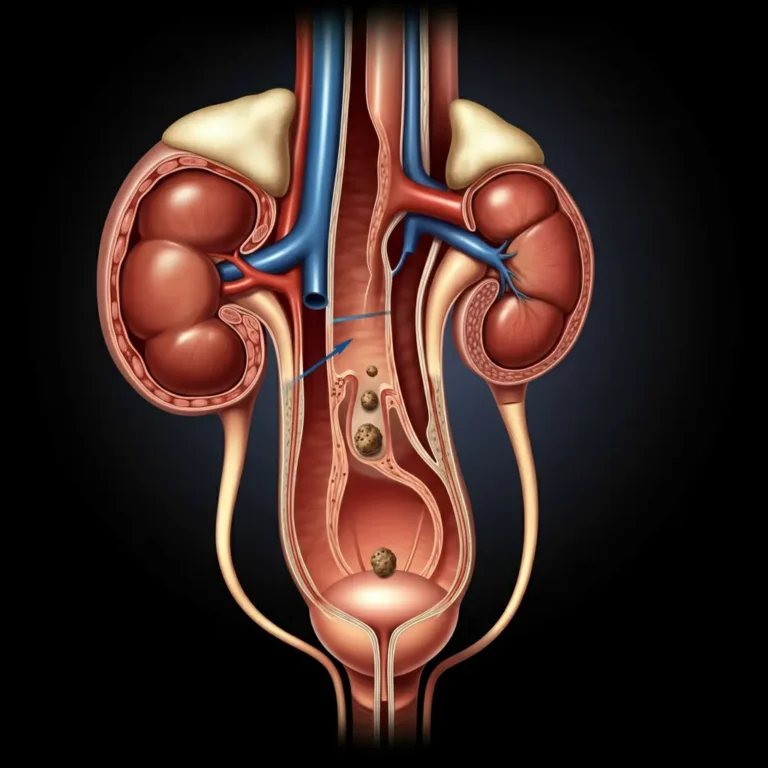How Long Does It Take to Get Pregnant
Many people dream of starting a family, but questions and uncertainties can surround the process of getting pregnant. From the role of age and health to lifestyle choices and fertility treatments, understanding how long it takes to conceive is both enlightening and empowering. This blog dives into everything you need to know about how long it takes to get pregnant, offering practical tips and addressing common concerns.
Table of Contents
Understanding the Basics of Fertility
Fertility refers to your ability to conceive and carry a pregnancy to term. For most healthy couples, the possibility of getting pregnant exists during the “fertile window” of their menstrual cycle when ovulation occurs. Each month, an egg is released from the ovary, and if it meets sperm within a short window (typically 12 to 24 hours), conception can happen. However, sperm can live inside the female reproductive system for up to five days, which widens the timeframe for possible pregnancy.
How Ovulation Timing Affects Conception
Timing is everything when it comes to getting pregnant, and ovulation is the key puzzle piece. Ovulation usually happens around day 14 of a 28-day cycle, but this can vary from person to person. Tracking ovulation through basal body temperature, ovulation predictor kits, or observing physical signs like cervical mucus can boost your chances. Understanding your cycle allows you to time intercourse for those days when you’re most fertile.
Fertility Factors You Should Know
Several factors can affect how quickly you conceive. These include:
- Frequency of intercourse: Regular unprotected sex during your fertile window increases the likelihood of pregnancy.
- Health of the reproductive organs: Blocked fallopian tubes or endometriosis can affect conception.
- Hormone levels: Balanced hormone levels are essential for ovulation and conception.
Each of these can either increase or reduce your chances. Awareness of these factors is vital to planning.
The Role of Age in Fertility
Your age plays a major role in how long it might take to conceive. Women are most fertile in their twenties and early thirties. After age 35, fertility begins to decline significantly, as both the quality and quantity of eggs decrease. Although men can produce sperm well into their later years, sperm quality may also reduce with age. If you’re considering starting a family later in life, exploring options like egg or sperm freezing at an earlier age might be helpful.
How Lifestyle Choices Impact Conception
Your daily habits play a surprisingly important role when trying to conceive. Factors like:
- Diet: Eating a balanced diet rich in fruits, vegetables, whole grains, and lean proteins can improve fertility for both partners.
- Weight: Both underweight and overweight individuals may experience hormonal imbalances that affect ovulation and sperm production.
- Substance use: Alcohol, smoking, and drugs can all lower fertility rates.
- Stress management: Chronic stress may cause irregular cycles or impact sperm health.
Both partners should aim to build a healthy lifestyle to create the best chances for conception.
Medical Conditions Affecting Fertility
Conditions like polycystic ovary syndrome (PCOS), thyroid disorders, and uterine fibroids can impact your ability to conceive. For men, low sperm count or motility could be an issue. These are not insurmountable obstacles; with early diagnosis and proper treatment, many couples can still achieve a healthy pregnancy.
Debunking Common Pregnancy Myths
There are plenty of myths about conception, like the idea that certain sexual positions or rituals improve your chances of getting pregnant. Another myth is that you’ll conceive immediately after stopping birth control. Knowing the facts can save you time and unnecessary worry.
Tips for a Healthy Conception Journey
- Track your cycle to identify your fertile window.
- Avoid toxins from processed foods or environmental chemicals.
- Take prenatal vitamins and folic acid, even before conceiving.
- Stay active, but not excessively—extreme exercise can impact fertility.
- Communicate with your partner to stay on the same page emotionally and physically.
The Emotional Side of Trying to Conceive
The waiting game can be emotionally draining. It’s normal to feel anxious, especially if conception doesn’t happen as quickly as expected. Open conversations with your partner, self-care, and even therapy can offer valuable support during this time.
Fertility Treatments and Assisted Conception
If natural conception isn’t possible, fertility treatments like in vitro fertilization (IVF), artificial insemination, or ovulation-stimulating medications can help. Many treatments have high success rates but may require patience and financial preparation.
Tracking Fertility for Better Results
Fertility tracking apps and devices have made it easier than ever to predict ovulation. Tools like basal body thermometers, ovulation kits, and cervical mucus tracking improve your chances of understanding when you’re most likely to conceive.
When to Seek Help from Professionals
If you’re under 35 and haven’t conceived after a year of trying, or if you’re over 35 and haven’t conceived after six months, it’s time to consult a healthcare provider. A fertility specialist can run tests and guide you through your options.
Exploring Support Networks and Resources
Support groups, online forums, and counseling can provide more information and emotional reassurance. Connecting with others going through similar experiences reminds you that you’re not alone.
Common Questions About Conceiving
How long does it take the average couple to conceive?
Most couples conceive within six months to a year of trying, depending on various factors.
Can stress prevent pregnancy?
While stress itself may not stop conception, it can lead to behaviors or hormonal imbalances that affect fertility.
Are there foods that boost fertility?
Eating foods rich in antioxidants, omega-3 fatty acids, and vitamins can improve reproductive health.
How often should we try?
Doctors recommend aiming for intercourse every two to three days during the fertile window.
Can birth control impact future fertility?
While birth control prevents pregnancy temporarily, fertility typically returns within months of stopping most methods.
Final Thoughts on the Path to Parenthood
Getting pregnant doesn’t always happen instantly, and understanding the factors involved can help ease your concerns and prepare you for this exciting phase of life. By staying informed, making healthy choices, and seeking help when needed, you’re setting yourself up for a positive and empowered pregnancy journey. Remember, every person’s path is unique—be patient with yourself and your body.







